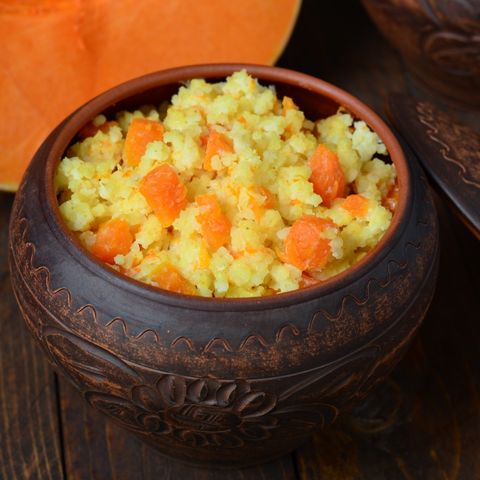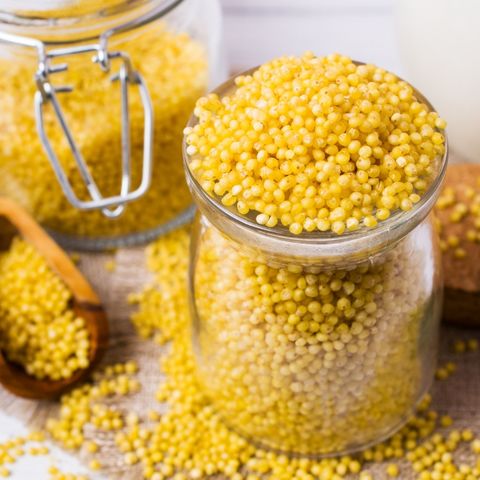Millet is an ancient grain that has been used for thousands of years. Millet is one of the oldest grains known to man.
It was first cultivated in China and India and later became popular in Europe. Today, millet is grown worldwide and is considered a nutritious food source.
In addition to its nutritional value, millet is gluten-free and low in carbohydrates. This makes it a healthier alternative to rice and wheat.
Here are 10 health benefits of millet:
1. High in fiber
Millet is rich in dietary fiber, which helps maintain digestive health. Fiber aids digestion and promotes regular bowel movements.
2. Low glycemic index
Millet is a low glycemic index food, meaning it doesn't cause rapid spikes in blood glucose levels after consumption.
This means that it won't spike insulin levels, which can lead to diabetes.
3. Good source of iron
Millet is a good source of iron, which is essential for red blood cell production. Iron deficiency leads to fatigue and weakness.
4. Rich in antioxidants
Antioxidants protect cells against damage caused by free radicals. Free radicals are unstable molecules that can harm our bodies. Antioxidant-rich foods include fruits, vegetables, nuts, seeds, whole grains, and legumes.
5. Promotes bone growth
Millet contains calcium, phosphorus, magnesium, zinc, copper, and vitamin K. These minerals promote bone growth and development.
6. Helps prevent osteoporosis
Osteoporosis occurs when bones become weak and brittle due to lack of calcium. Osteoporosis causes fractures and broken bones.
7. Reduces inflammation
Inflammation is associated with arthritis, asthma, allergies, and autoimmune diseases such as lupus. Inflammatory conditions can be treated with anti-inflammatory medications.
8. Treats constipation
Constipation is often caused by poor diet and insufficient fiber intake. Millet is a natural laxative that stimulates peristalsis, helping eliminate waste matter from the intestines.
9. Prevents kidney stones
Kidney stones are formed when too much salt accumulates in the urine. Kidney stones may form when sodium levels rise above normal.
Millet is naturally low in sodium and potassium, two substances found in processed meats and fast foods.
10. Improves skin condition
Millet is packed with vitamins A, B, C, D, E, and folic acid. Vitamin A improves skin elasticity and reduces wrinkles. Folic acid prevents birth defects. Vitamin B helps produce collagen, which keeps skin firm and supple. Vitamin C strengthens connective tissue, which supports the structure of the skin.
Millet is a versatile grain that can be eaten alone or combined with other ingredients. Try adding millet to salads, soups, casseroles, breads, muffins, pancakes, waffles, pasta dishes, rice dishes, and desserts.
Be Blessed!
Nalini Murthy


